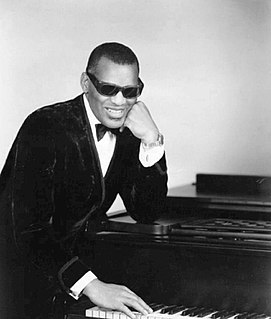A Quote by David Baldacci
I can write with a crying child on my lap. I have. Often.
Related Quotes
It is a grave injustice to a child or adult to insist that they stop crying. One can comfort a person who is crying which enables him to relax and makes further crying unnecessary; but to humiliate a crying child is to increase his pain, and augment his rigidity. We stop other people from crying because we cannot stand the sounds and movements of their bodies. It threatens our own rigidity. It induces similar feelings in ourselves which we dare not express and it evokes a resonance in our own bodies which we resist.
I have the embarrassing thing where often if you're watching a film, you kind of go through the emotions and the thought stages that your character went through, but you sort of do it with Tourette's. So I end up often crying when I'm crying, and looking angry when I'm looking angry, so it's pretty ugly.
Go where the pleasure is in your writing. Go where the pain is. Write the book you would like to read. Write the book you have been trying to find but have not found. But write. And remember, there are no rules for our profession. Ignore rules. Ignore what I say here if it doesn't help you. Do it your own way. Every writer knows fear and discouragement. Just write.The world is crying for new writing. It is crying for fresh and original voices and new characters and new stories. If you won't write the classics of tomorrow, well, we will not have any.
The roots of a child's ability to cope and thrive, regardless of circumstance, lie in that child's having had at least a small, safe place (an apartment? a room? a lap?) in which, in the companionship of a loving person, that child could discover that he or she was lovable and capable of loving in return. If a child finds this during the first years of life, he or she can grow up to be a competent, healthy person.
When you practice Dynamic Meditation for the first time this will be difficult, because we have suppressed the body so much that a suppressed pattern of life has become natural to us. It is not natural! Look at a child: he plays with his body in quite a different way. If he is crying, he is crying intensely. The cry of a child is a beautiful thing to hear, but the cry of an adult is ugly. Even in anger a child is beautiful; he has a total intensity. But when an adult is angry he is ugly; he is not total. And any type of intensity is beautiful.
It is a view of God that compensates every thing else, and enables the soul to rest in His bosom. How, when the child in the night screams with terror, hearing sounds that it knows not of, is that child comforted and put to rest? Is it by a philosophical explanation that the sounds were made by the rats in the partition? Is it by imparting entomological knowledge? No; it is by the mother taking the child in her lap, and singing sweetly to it, and rocking it. And the child thinks nothing of the explanation, but only of the mother.
I suppose I've always done my share of crying, especially when there's no other way to contain my feelings. I know that men ain't supposed to cry, but I think that's wrong. Crying's always been a way for me to get things out which are buried deep, deep down. When I sing, I often cry. Crying is feeling, and feeling is being human. Oh yes, I cry.
In a world full of war, famine, oppression, deceit, monotony, what—apart from the eternal innocence of animals—offers an image of hope? A mother with a newborn child in her arms? The child may end up as a murderer or a murder victim, so that the hopeful image is a prefiguration of a pietà: a mother with her newly dead child on her lap.






































